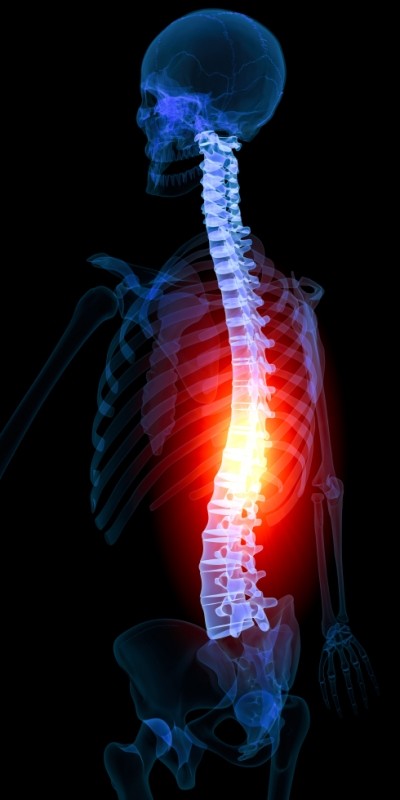Scottish islands selected for new vitamin D study

A team of Scottish researchers is focussing their attentions on the Orkneys, islands off the north coast of Scotland, are using their genetic data banks to examine the effects of vitamin D status and various diseases.
Dr Ruth McQuillan from the University of Edinburgh tells Nathan Gray why it is important to study in such northerly climes. “There have been lots of observational studied showing an association between various diseases and vitamin D deficiency, but there is not any evidence yet that that is a casual relationship… it may be that vitamin D deficiency is a marker of ill health,” shesaid.
The researchers are also interested in testing if vitamin D is linked to the high rates of multiple sclerosis observed in these northerly Scottish islands, said Dr McQuillan.
Data on D
Vitamin D refers to two biologically inactive precursors - D3, also known as cholecalciferol, and D2, also known as ergocalciferol. The former, produced in the skin on exposure to UVB radiation (290 to 320 nm), is said to be more bioactive.
Both D3 and D2 precursors are hydroxylated in the liver and kidneys to form 25- hydroxyvitamin D (25(OH)D), the non-active 'storage' form, and 1,25-dihydroxyvitamin D (1,25(OH)2D), the biologically active form that is tightly controlled by the body.
While our bodies do manufacture vitamin D on exposure to sunshine, the levels in some northern countries are so weak during the winter months that our body makes no vitamin D at all, meaning that dietary supplements and fortified foods are seen by many as the best way to boost intakes of vitamin D.
And the science supports maintaining adequate levels, with vitamin D deficiency in adults reported to precipitate or exacerbate osteopenia, osteoporosis, muscle weakness, fractures, common cancers, autoimmune diseases, infectious diseases and cardiovascular diseases. There is also some evidence that the vitamin may reduce the incidence of several types of cancer and type-1 diabetes.














